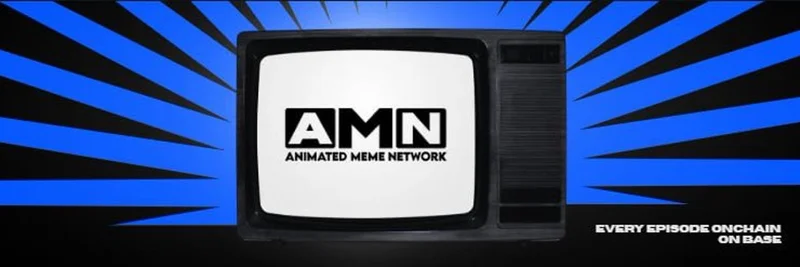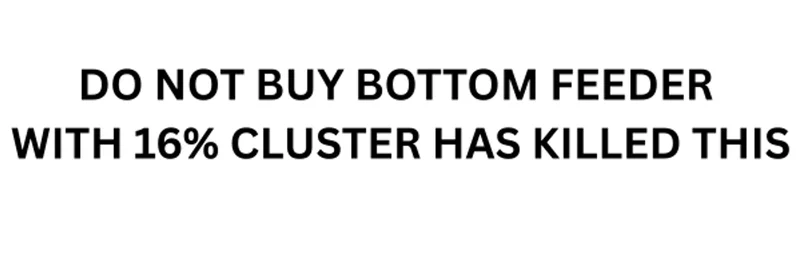In the fast-paced world of blockchain, Solana is pushing boundaries again with a major upgrade on the horizon. A recent thread from Laine of SOL Strategies breaks down the SIMD-326 proposal, which focuses on implementing Votor—a key part of the Alpenglow consensus mechanism. If you're into meme tokens on Solana, this could mean smoother, faster transactions and a more resilient network for your favorite pumps and dumps. Let's dive into what this all means, step by step.
Laine kicked off the thread by thanking Tim Garcia and The Wattenhofer for an impromptu call addressing validator questions about SIMD-326. As a leading Solana validator operator, SOL Strategies shared their take, ending with a strong endorsement to vote yes on the proposal. For those new to the scene, validators are the nodes that keep the Solana network running securely, processing transactions and maintaining consensus.
Current Solana Consensus: TowerBFT Explained
To understand the upgrade, we need a quick recap of how Solana works today. The network uses Proof of History (PoH) combined with TowerBFT for consensus. Validators vote on block validity through on-chain transactions. A block gets confirmed with a supermajority of votes (over 66% of stake), and after 31 more confirmed blocks, it's finalized—meaning it's irreversible.
This setup isn't perfect. Validators pay about 1.9-2 SOL per epoch in transaction fees for voting. There are also issues with fork resolution (when the blockchain temporarily splits) and vote timing. In the past, sneaky validators could delay votes to pick the "winning" fork, but timely vote credits now encourage quick voting within two slots. Leaders (block producers) could even censor votes, hurting others' rewards.
These quirks create incentives for bad behavior, which Alpenglow aims to fix.
Enter Alpenglow's Votor: A Game-Changer
Alpenglow introduces Votor, a complete overhaul of Solana's voting and consensus. Votes move off-chain, sent directly between validators instead of as transactions. This allows two parallel paths to consensus:
- Fast Path: 80% of stake votes yes in one round, achieving confirmation and finality in under a block.
- Slow Path: 60% of stake votes yes over two successive rounds.
Rounds are based on network latency, not slot times (Solana's ~400ms blocks), so decisions can happen blazingly fast—often before the next block. This boosts fault tolerance: the network can handle up to 20% malicious stake and another 20% offline, needing just 60% active good guys to finalize blocks.
How do we keep a verifiable record without on-chain votes? Certificates! These aggregate votes and get posted on-chain for transparency.
The full Alpenglow whitepaper (read it here) is a hefty 52 pages of deep dives, but the gist is clear: it's a massive leap in efficiency and security.
Validator Concerns and SOL Strategies' Stance
Validators have raised eyebrows about incentives—or the lack thereof—for following the new protocol. Questions linger on how to ensure everyone plays nice without the old on-chain costs and rewards fully in place.
Despite this, SOL Strategies is all in. They've followed Alpenglow's development closely and see it as a breakthrough not just for Solana, but for blockchain tech overall. While the SIMD could use clearer wording, the Anza and Alpenglow teams have their backing. Based on that, they're voting YES.
You can catch the ad-hoc call on YouTube (watch here) for more details, or check the full governance proposal on the Solana Forum (here).
Why This Matters for Meme Tokens
Solana's ecosystem is meme token heaven, with projects like Pump.fun making it easy to launch and trade viral coins. Upgrades like Alpenglow could supercharge this by reducing latency, cutting costs for validators (which might trickle down to lower fees), and making the network more robust against attacks or downtime. Imagine fewer halted chains during hype cycles—hello, uninterrupted trading frenzies!
If you're a blockchain practitioner or meme enthusiast, keeping tabs on governance like SIMD-326 is key. It shapes the tech powering your portfolios. Stay tuned as the vote unfolds; this could be a pivotal moment for Solana's speed and scalability. What do you think—game-changer or too risky? Drop your thoughts in the comments!




